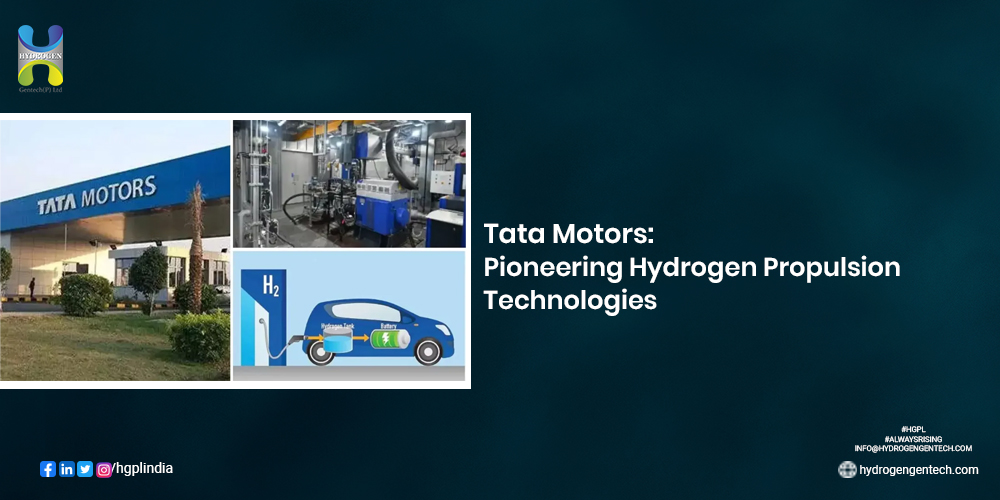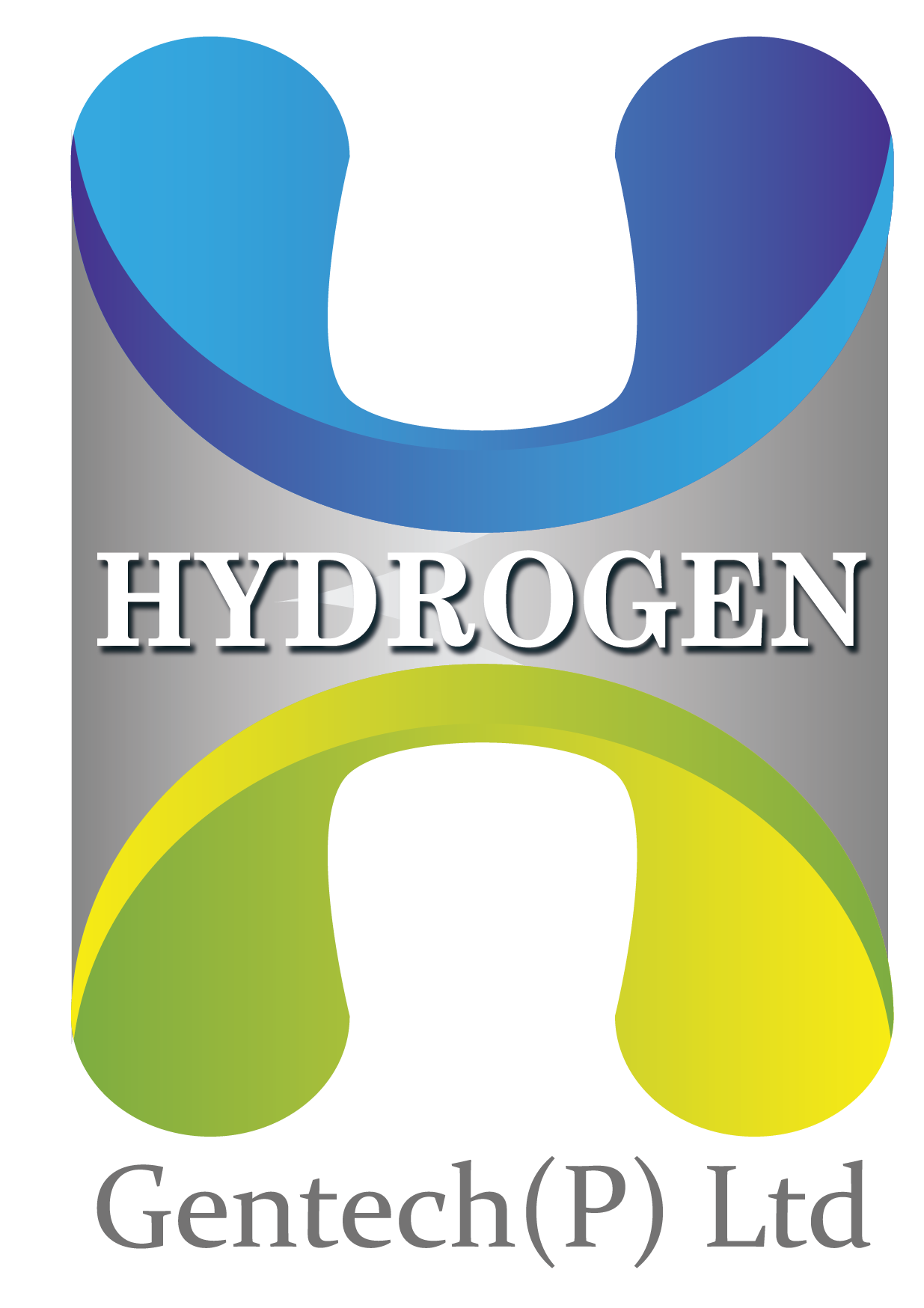
Introduction
Tata Motors, a leading Indian automotive manufacturer, is making significant strides in the development of hydrogen propulsion technologies. With a commitment to sustainability and innovation, the company aims to revolutionize the automotive industry by offering cleaner and greener mobility solutions. In this article, we will explore Tata Motors’ new research and development facilities and their efforts toward harnessing the power of green hydrogen.
Tata Motors’ Vision for Green Hydrogen
Tata Motors envisions a future where hydrogen-powered vehicles play a pivotal role in reducing carbon emissions and combating climate change. Hydrogen, as an abundant and clean energy source, has the potential to revolutionize the transportation sector and create a sustainable future. Understanding the importance of green hydrogen, Tata Motors has embarked on a journey to develop cutting-edge technologies that harness its power efficiently and effectively.
Investing in Research and Development
To accelerate the development of hydrogen propulsion technologies, Tata Motors has unveiled state-of-the-art research and development facilities. These facilities serve as innovation hubs, fostering collaboration between experts, scientists, and engineers. The company’s dedicated team of researchers is working tirelessly to overcome technical challenges and optimize hydrogen-powered systems for various applications.
Advantages of Hydrogen Propulsion
Hydrogen propulsion offers numerous advantages over traditional fossil fuel-based engines. Firstly, hydrogen-powered vehicles produce zero emissions, contributing significantly to reducing air pollution and combating climate change. Secondly, hydrogen fuel cells provide a longer driving range compared to electric batteries, making them suitable for long-distance travel. Additionally, refueling a hydrogen-powered vehicle is as quick and convenient as refueling a conventional gasoline vehicle, addressing the issue of range anxiety often associated with electric vehicles.
Tata Motors’ Commitment to Sustainability
As a responsible corporate citizen, Tata Motors is committed to sustainable development and reducing its carbon footprint. By investing in hydrogen propulsion technologies, the company aims to contribute to the global transition towards a greener and cleaner future. Tata Motors’ efforts align with the Indian government’s National Green Hydrogen Mission, which aims to promote the use of green hydrogen in various sectors.
Collaborations and Partnerships
Recognizing the importance of collaboration in driving innovation, Tata Motors has formed strategic partnerships with leading academic institutions, research organizations, and technology companies. These collaborations bring together diverse expertise and resources to accelerate the development of hydrogen propulsion technologies. By leveraging the collective knowledge and experience of its partners, Tata Motors aims to stay at the forefront of advancements in the field of green hydrogen.
Applications of Hydrogen Propulsion Technologies
Tata Motors’ research and development efforts focus on harnessing the power of hydrogen propulsion technologies for various applications. One key area of focus is the development of hydrogen-powered commercial vehicles, including trucks and buses. These vehicles have the potential to significantly reduce emissions in the transportation sector, which is a major contributor to air pollution. Additionally, Tata Motors is exploring the use of hydrogen fuel cells in passenger vehicles to provide eco-friendly mobility solutions to consumers.
Challenges and Solutions
While hydrogen propulsion technologies hold immense potential, there are several challenges that need to be addressed for their widespread adoption. One of the primary challenges is the establishment of a robust hydrogen infrastructure, including production, storage, and refueling facilities. Tata Motors, in collaboration with its partners, is working towards developing scalable and cost-effective solutions to overcome these challenges and make hydrogen-powered vehicles a viable option for consumers.
Government Support and Incentives
The Indian government has recognized the importance of green hydrogen and has introduced various support mechanisms and incentives to promote its adoption. The National Green Hydrogen Mission aims to create a conducive ecosystem for the production, storage, and distribution of green hydrogen. Additionally, fiscal incentives and mandatory consumption obligations for sectors such as fertilizer and refining industries are being considered. These measures are expected to accelerate investments in the green hydrogen ecosystem and drive early adoption in the country.
The Road Ahead
Tata Motors’ dedication to research and development, coupled with its commitment to sustainability, positions the company as a leader in the field of hydrogen propulsion technologies. With its state-of-the-art facilities and strategic collaborations, Tata Motors is poised to revolutionize the automotive industry and contribute to a greener and cleaner future. As the global transition towards sustainable mobility gains momentum, Tata Motors is well-positioned to play a crucial role in shaping the future of transportation.
Conclusion
Tata Motors’ investment in research and development facilities for hydrogen propulsion technologies highlights the company’s commitment to sustainability and innovation. By harnessing the power of green hydrogen, Tata Motors aims to offer cleaner and greener mobility solutions, revolutionizing the automotive industry. With strategic collaborations, technological advancements, and government support, Tata Motors is poised to drive the adoption of hydrogen-powered vehicles and contribute to a sustainable future. As the world embraces the potential of green hydrogen, Tata Motors remains at the forefront of this transformative journey.

